Your car jerking when you stop could be due to various reasons. One possibility is a problem with the transmission system, such as low transmission fluid or a faulty torque converter.
Additionally, issues with the fuel system, like a clogged fuel injector or a vacuum leak, might lead to irregular idling and cause the jerking sensation.
Another potential cause could be a malfunctioning sensor, such as the throttle position sensor or the mass airflow sensor.
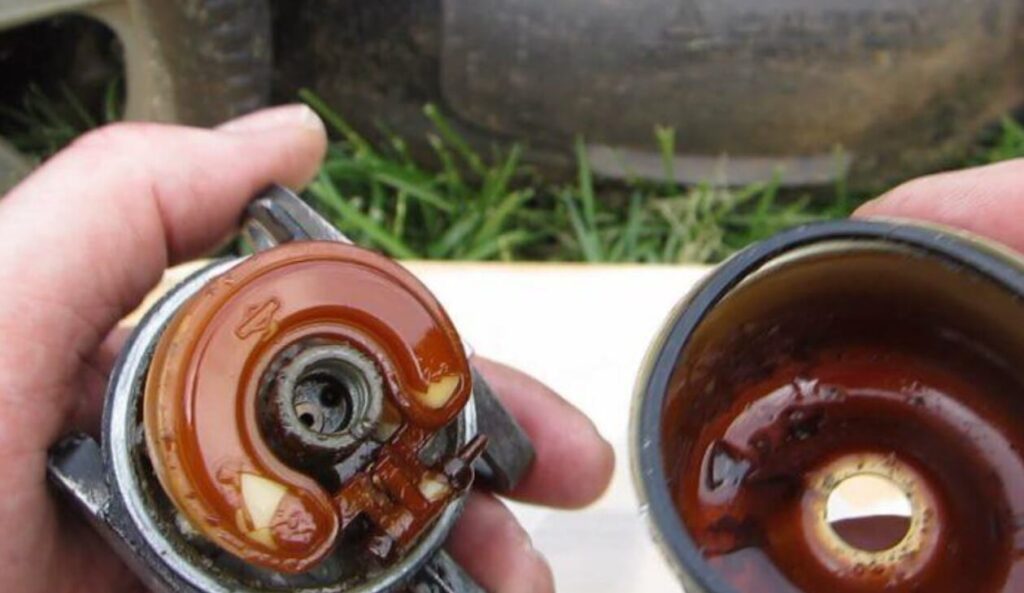
Why is My Car Jerking When at a Stop?
If your car is jerking when at a stop, it could be due to a problem with the engine mounts. The engine mounts keep the engine in place and prevent vibrations from being transferred to the frame of the car. If the engine mounts are worn out or damaged, they may not be able to properly support the engine, causing it to move around and jerk.
Another possible cause of a car jerking when at a stop is spark plug issues. The spark plugs need to create a spark in order for the combustion process to occur in the engine. If the spark plugs are fouled or damaged, they may not be able to create a proper spark, leading to misfires and a jerking sensation.
How Do I Stop My Car from Jerking When I Stop?
If your car is jerking when you stop, it could be a sign of a problem with your transmission. Transmission problems can be caused by a variety of things, including low fluid levels, leaks, or worn-out parts. If you think your transmission might be the issue, the first thing you should do is check the fluid level.
If it’s low, topping it off may solve the problem. If there’s a leak, you’ll need to have it repaired before adding more fluid. Another possible cause of car jerking is worn-out spark plugs or ignition coils.
These parts are responsible for sparking the fuel-air mixture in the cylinders, so if they’re not working properly, the engine can misfire and cause jerking. Replacing them is usually pretty simple and inexpensive.
There are other potential causes of car jerking as well, so if you’re unsure what’s causing the problem, it’s best to take it to a mechanic for diagnosis and repairs.
Why does my car jerk when slowing down?
Car Jerks When Stopped in Drive
If your car is jerking when you stop in drive, there are a few potential causes. It could be something as simple as low transmission fluid or a dirty air filter. Or, it could be something more serious like a problem with the torque converter or engine mounts.
If you’re not sure what’s causing the problem, take your car to a mechanic and have it checked out. In the meantime, here are a few things you can do to troubleshoot the issue:
Car Jerks When Slowing down
When your car jerks when slowing down, it’s likely due to a problem with your transmission. Transmission problems can be caused by a variety of things, including low fluid levels, leaks, or worn parts.
If you’re experiencing this issue, take your car to a mechanic so they can diagnose and fix the problem.
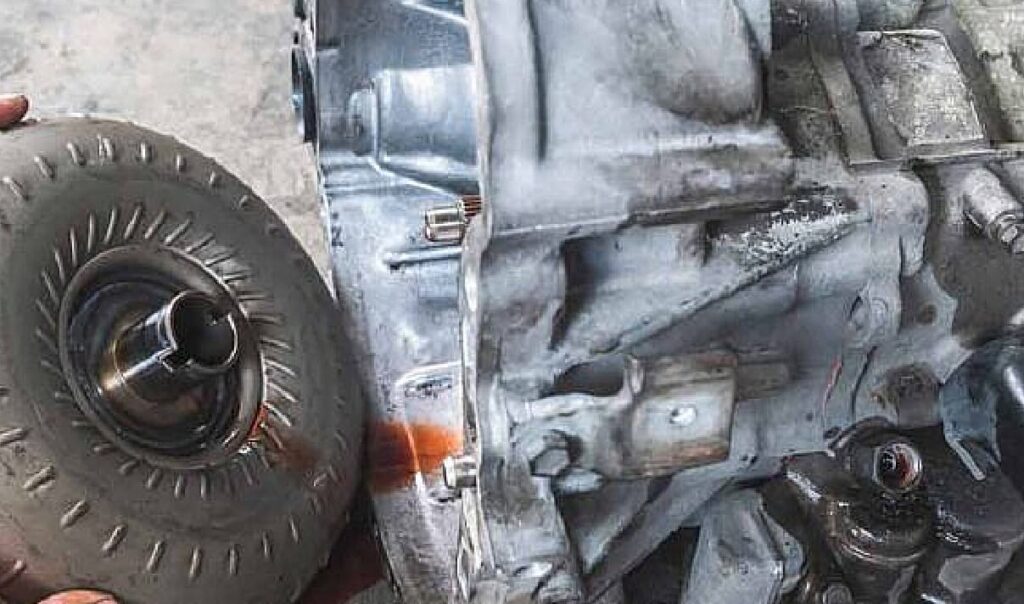
Car Jerks When Stopped in Drive Automatic
If your car jerks when stopped in drive, there are a few potential causes. It could be something as simple as low transmission fluid or a dirty air filter. Or, it could be a more serious issue like a problem with the transmission itself.
If you notice that your car is jerking when stopped in drive, the first thing you should do is check the transmission fluid level. If it’s low, topping it off may solve the problem. If the fluid looks dirty, it may need to be flushed and replaced.
Another potential cause of jerking when stopped in drive is a dirty air filter. A clogged air filter can restrict airflow to the engine, causing performance issues. Replacing the air filter should fix the problem.
If neither of these solutions works, there may be an issue with the transmission itself. This is typically more serious and will require professional diagnosis and repair.
Transmission Jerks When Stopped
If your car’s transmission is jerking when you come to a stop, there are a few possible causes.
First, it could be that the transmission fluid is low. If this is the case, simply topping off the fluid should fix the problem.
Another possibility is that there is something wrong with the shift solenoid. The shift solenoid is responsible for telling the transmission when to shift gears. If it isn’t working properly, it can cause the transmission to jerk when shifting.
Car Jerks When Idle And Accelerating
If your car is jerking when you’re idle and accelerating, it’s likely due to a problem with your engine. Specifically, it could be an issue with your spark plugs, fuel injectors, or mass airflow sensor. Spark plugs are what ignite the air/fuel mixture in your engine, so if they’re not firing correctly, it can cause your car to jerk.
Fuel injectors spray fuel into the cylinders of your engine where it’s combusted. If they’re not working properly, that can also lead to jerking. And finally, the mass airflow sensor measures the amount of air flowing into your engine so that the correct amount of fuel can be injected.
If it’s not functioning correctly, that can also cause issues like jerking. If you’re experiencing this problem, take your car to a mechanic and have them check out these potential issues.
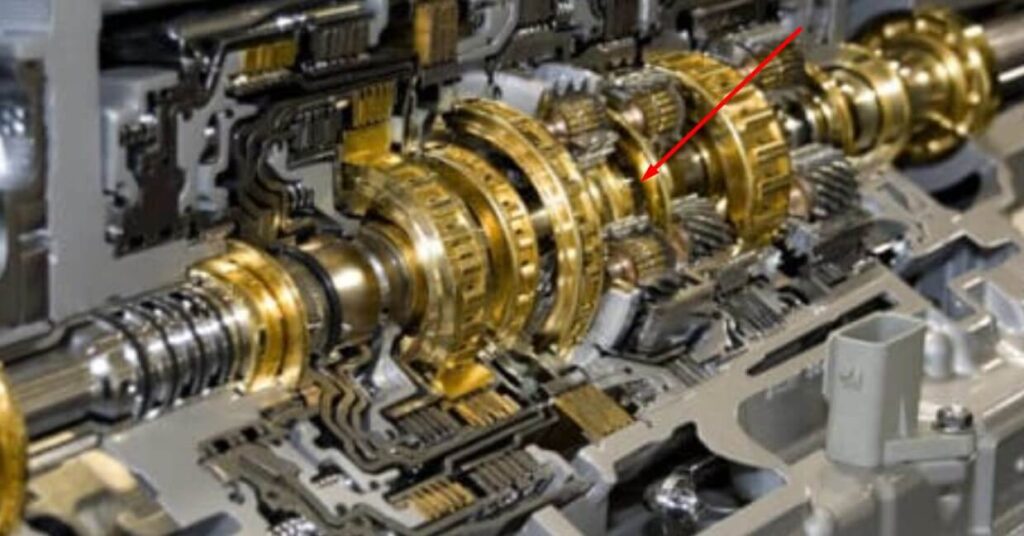
Car Jerks When Releasing Accelerator
If your car is jerking when you release the accelerator, it’s likely due to a problem with your engine. This can be caused by a number of things, including a dirty or faulty spark plug, an ignition system issue, or a fuel system problem. If your car is jerking when you release the accelerator, it’s likely due to a problem with your engine.
This can be caused by a number of things, including a dirty or faulty spark plug, an ignition system issue, or a fuel system problem. A dirty or faulty spark plug can cause your car to jerk when you release the accelerator because it can prevent the spark from igniting the air/fuel mixture in the cylinders. An ignition system issue can also cause this problem because if there’s no spark, there’s nothing to ignite the mixture.
Lastly, a fuel system problem can also lead to jerking when you let off the gas. This is usually due to either too much fuel being injected into the cylinders or not enough air getting into the mix. If your car is jerking when you let off the gas pedal, take it to a mechanic and have them check for these common issues.
Why Does My Car Jerk When I Accelerate?
It could be due to issues with the fuel system, such as a clogged fuel filter or injectors. Transmission problems, like a slipping clutch or torque converter issues, may also cause jerking. Additionally, issues with the spark plugs, ignition system, or even a vacuum leak can contribute to this issue.
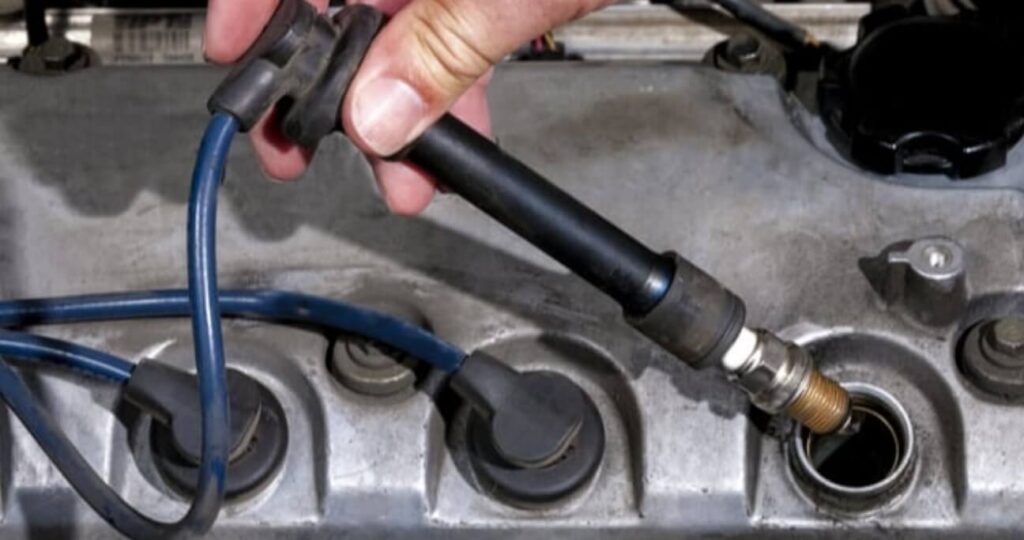
What Does It Mean When Your Car Jerks While Driving?
There are a few different things that could be causing your car to jerk while driving. It could be something as simple as a loose gas cap, which is easily fixed. Or, it could be something more serious like a problem with your engine or transmission.
If your car starts jerking while you’re driving, the best thing to do is pull over and call a tow truck. Trying to drive to a mechanic could make the problem worse and put you in danger. A car that jerks while driving is not safe and should be looked at by a professional as soon as possible.
Why is my car jumping when I stop?
If your car is jumping when you stop, it may be due to a problem with the engine or transmission mounts. These mounts support the engine and transmission and help dampen vibrations.
If they are worn or damaged, it can cause the engine and transmission to move excessively, leading to the sensation of the car jumping when you come to a stop.
It’s advisable to have a mechanic inspect and replace any worn mounts to resolve this issue.
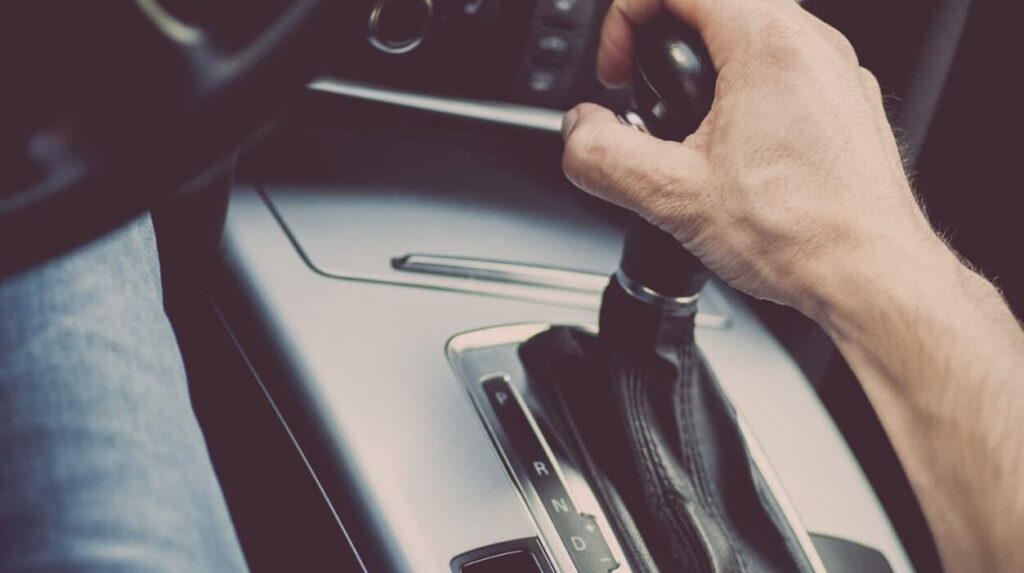
What causes car to jump when braking?
Sudden jumps when braking in a car can be caused by various factors. One common reason is an issue with the brake system, such as worn-out brake pads or a malfunctioning brake caliper.
Additionally, problems with the suspension, like worn-out shocks or struts, can lead to a bouncing effect during braking. Uneven tire wear or low tire pressure may also contribute to this phenomenon.
It’s essential to inspect the brake components, suspension, and tires to identify and address the specific cause of the jumping sensation when braking.
Conclusion
The car is most likely jerking because the brake pads are worn out. When the brake pads are worn out, it causes the rotors to warp which then causes the car to jerk when stopping.
